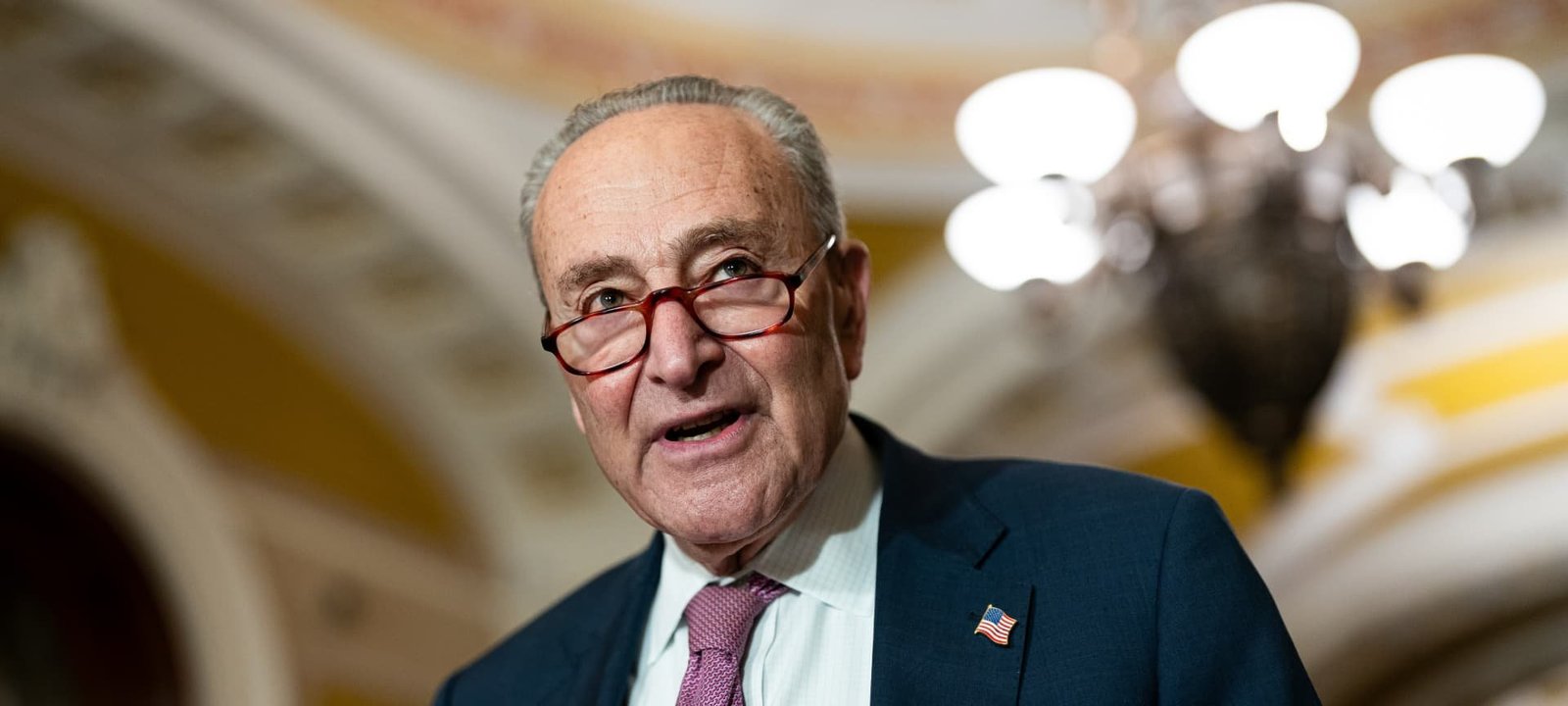Democrats are also pressing Republicans to reverse Medicaid funding cuts included in the GOP’s “One, Big Beautiful Bill.” Without movement on both issues, Schumer warned that Democrats are prepared to withhold support for any continuing resolution needed before government funding expires on September 30.
Political arithmetic complicates passage
In the House, a united Republican majority could advance a funding plan without Democratic votes. The Senate, however, requires at least 60 votes to overcome a filibuster, giving Democrats leverage despite the chamber’s narrow Republican majority. Schumer sided with Republicans in March to avert a shutdown, a decision that drew criticism inside his party. He signaled no intention to repeat that approach as lawmakers eye the 2026 midterm elections.
Republican leaders have dismissed the Democratic position. President Donald Trump told Fox News that party lawmakers will not concede on the health-care requests, adding, “If you gave them every dream right now … they would not vote for it.” Senate Majority Leader John Thune of South Dakota accused Democrats of “clamoring” for a confrontation with the White House.
Clock ticking toward 30 September deadline
If funding authority lapses, large segments of the federal government would shut down, resulting in furloughs for hundreds of thousands of employees and suspended services across multiple agencies. Lawmakers from both parties have acknowledged that a short-term continuing resolution is the most likely vehicle to avoid that outcome, yet no agreement on language has emerged.
Under current law, the ACA premium subsidies—expanded in 2021 and extended once already—will end on December 31 unless Congress acts. Analysts warn that eliminating the credits could deter enrollment, raise uncompensated care costs for hospitals and increase pressure on state budgets.
Democrats argue that tying the extension to the continuing resolution ensures timely action. Republicans counter that the matter should be debated separately during broader talks over fiscal 2026 appropriations. With less than three weeks before the deadline, legislative aides have begun drafting contingency plans, though senior members concede privately that negotiations remain at an impasse.
Next steps
Leadership offices on both sides have signaled a possible return to the negotiating table early next week. Should talks stall, the House Rules Committee could move forward with a partisan bill, setting up a collision with the Senate. Observers note that past shutdown threats have often ended in last-minute compromises, but they caution that the current dispute over health-care funding adds a layer of complexity not present in previous standoffs.
For now, federal agencies are preparing for a potential lapse in appropriations while markets monitor the uncertainty. The Congressional Budget Office has not yet released an estimate of the fiscal impact of extending the ACA subsidies, though outside analysts place the cost at several billion dollars annually.
See our latest Finance News Update , visit our Finance News Update section.
Finance News Update
Image credit: Elizabeth Frantz



